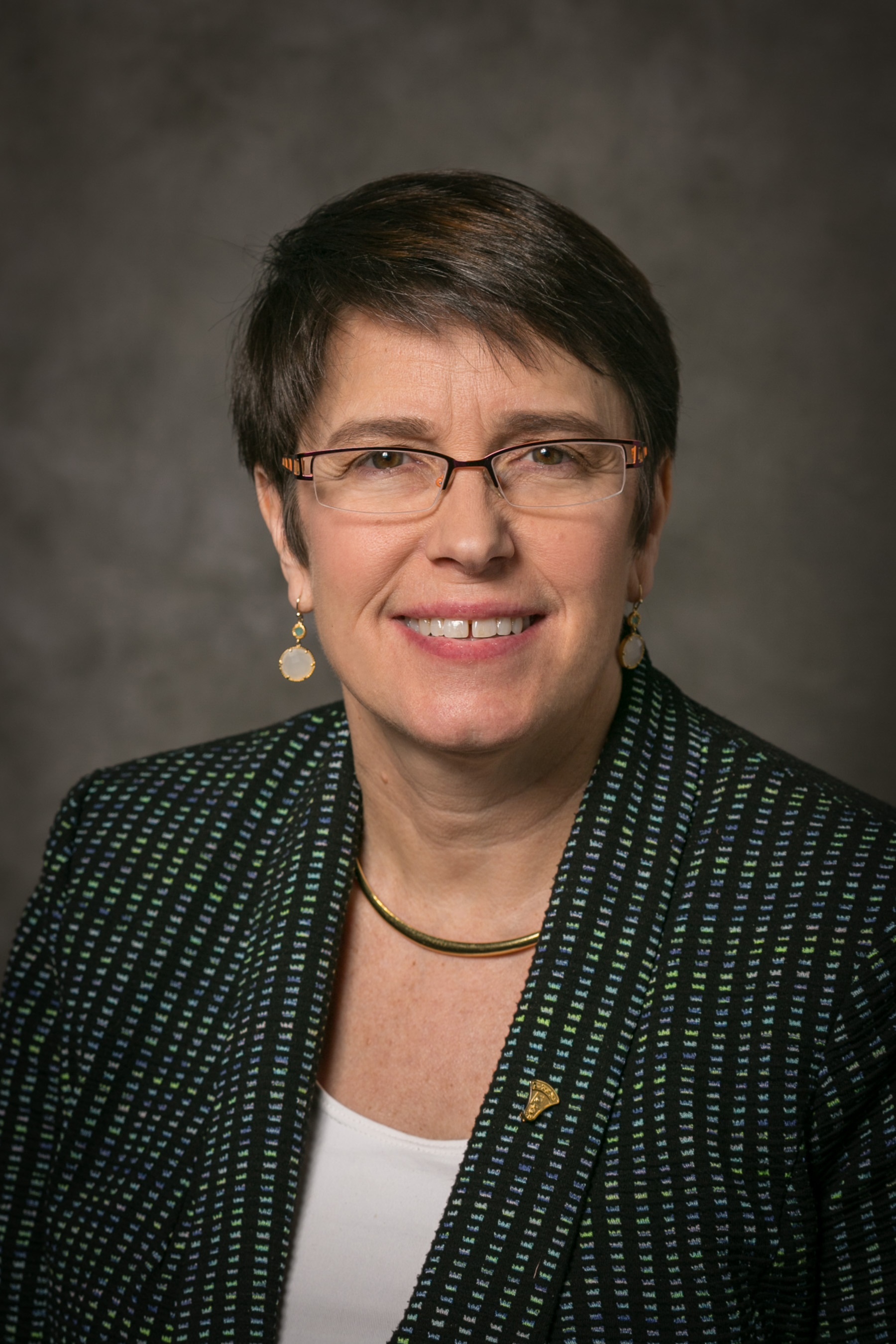ESA joins the Societies Consortium on Sexual Harassment
From ESA Executive Director Catherine O’Riordan,
ESA has joined the Societies Consortium on Sexual Harassment as one of the 100 inaugural members. The formation of this consortium was a process that began last fall, with an all-day workshop on the issue of sexual harassment in science, technology, engineering, mathematics, and medicine (STEMM). Convened by AGU and AAAS, ESA joined with representatives of over 70 scientific societies at a meeting in Washington, DC on October 1 to discuss the particular challenges posed to societies.
Although many organizations have sought to address sexual harassment individually, this meeting represented the first gathering of multiple societies to discuss the issue. The release in June 2018 of the National Academies consensus report, “Sexual Harassment of Women: Climate, Culture, and Consequences in Academic Sciences, Engineering, and Medicine,” has galvanized many additional groups to take action. The report specifically notes the role of scientific societies, as well as other institutions, in addressing harassment in its multiple forms.
One of the findings in the report was “Greater than 50 percent of women faculty and 20-50 percent of women students encounter or experience sexually harassing conduct in academic science, engineering, and medicine (Academies Report 65) and women with multiple societal identities targeted for bias experience harassment at even greater rates” (p. 44-46).
The report points out that to address misconduct in science widely, all institutions, universities, funding agencies, and scientific societies must work towards the goal of eliminating harassment.
The initial society workshop was followed by another full-day event in December that led to the formation of this Consortium of societies working to address harassment in their own organizations. The Consortium brings together academic and professional societies of every size and representing many STEMM disciplines, by joining forces, the Societies Consortium aims to demonstrate that sexual harassment has no place in STEMM, and that collaborative and thoughtful action can make STEMM fields welcoming for everyone
ESA supports the aims of the Consortium- to ensure high standards of conduct by holding members accountable for their behavior. The member societies are focused on serving and facilitating the success of everyone in the STEMM community by investing in resources to support understanding and positive action to prevent sexual harassment, recognizing the community’s existing commitments to education and prevention, and seeking input from stakeholders to serve the fields well. The Consortium is created to collaborate and share tools, best practices, and information and to develop customizable model frameworks for systems, policies, and practices to combat sexual harassment, as well as a toolkit of practical resource materials for use by societies and institutions. The Consortium will develop menus of flexible model policy options, practical tools, and policy and law guidance for use in STEMM fields broadly, as well as in societies’ own operations. Examples include a range of policy options for awarding honors in STEMM fields and other policies designed to encourage positive, professional, and ethical conduct; potential strategies for building bridges between societies and higher education to enhance the effectiveness of responses to incidents involving individuals affiliated with both; and guidance on how to comply with Title IX without letting it unduly limit pursuit of policies with greater impact on creating welcoming learning, research and practice settings.
Even prior to the release of the NAS report and joining this consortium, ESA leaders had turned their attention to addressing sexual harassment. The ESA Governing Board approved an updated and expanded Code of Conduct for Events in May 2018 and in November 2018 also approved formal procedures to handle ethics and misconduct complaints. ESA and the wider STEMM community can and will collectively respond to address sexual harassment.
